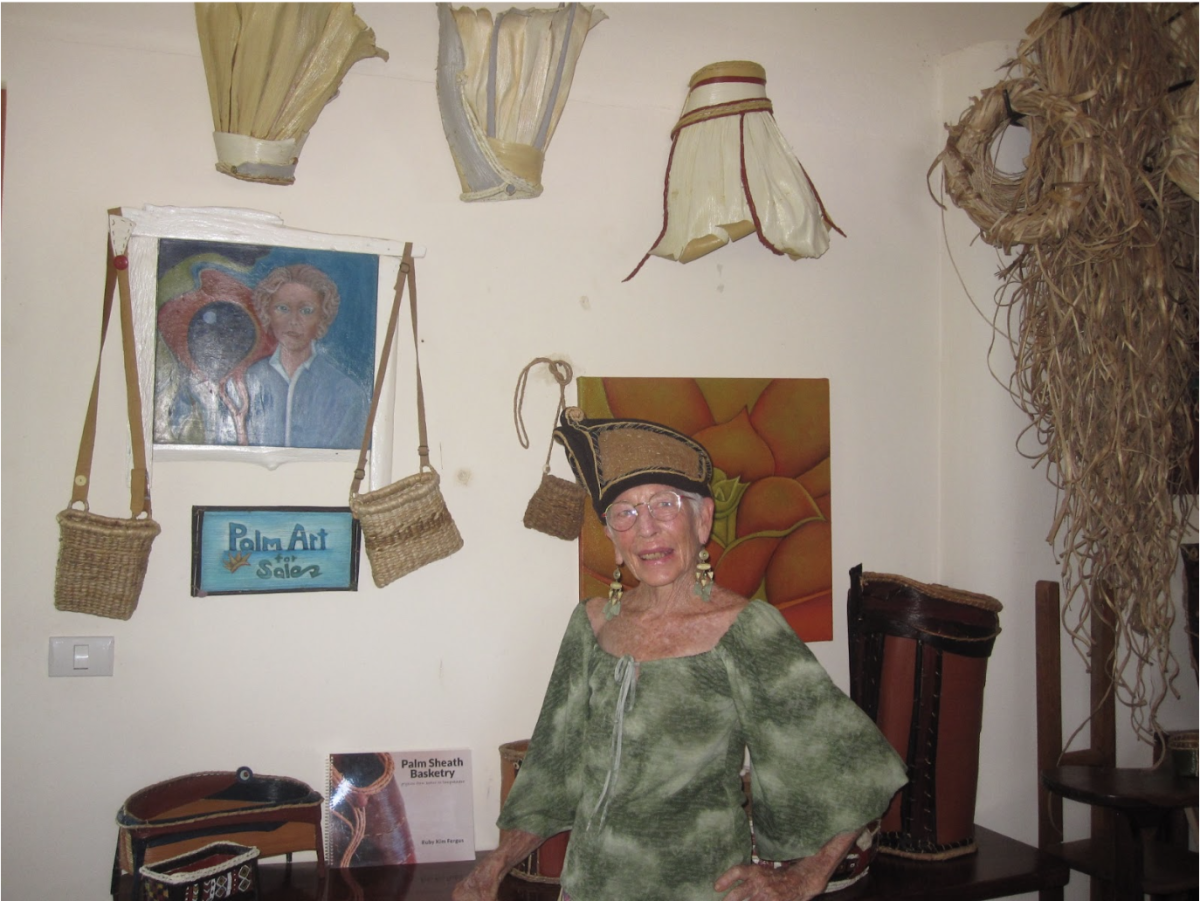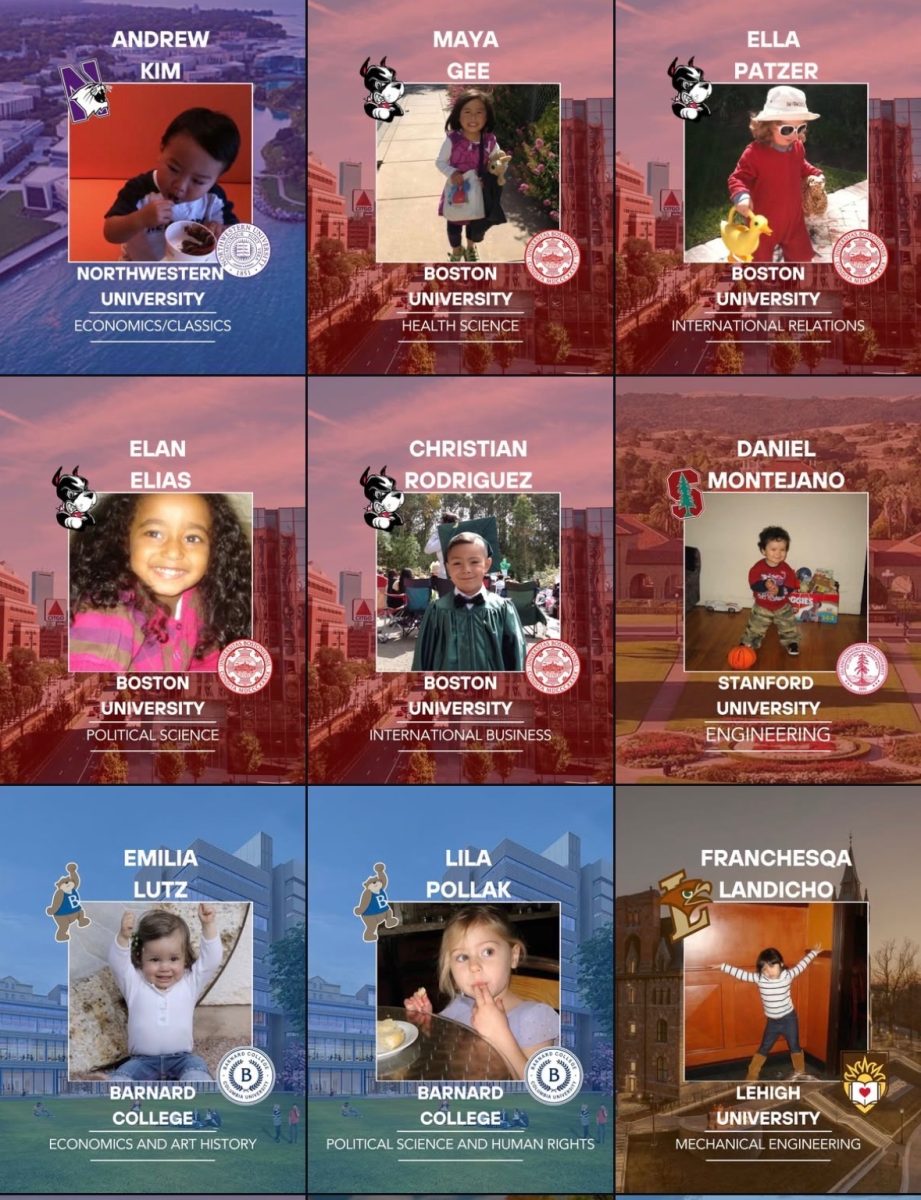The perception that today’s teenagers are increasingly distancing themselves from religion, spirituality and the values that they profess, and that teens’ religious knowledge is shallower than past generations’, is an unjust falsification that
Religious values are still important to today’s youth even if they are more disconnected from a religion’s traditional teachings, according to the results of the ongoing National Study of Youth and Religion started in 2001 by Notre Dame University.
Most teens today believe in certain religious criteria, collectively known as Moralistic Therapeutic Deism (MTD), which include the existence of a god who created the universe and heaven that people go to when they die, according to a 2005 book based off the study. All of the characteristics of MTD still align with the major principles of Catholicism, indicating that teens do still connect with main Christian principles even as they forget the minutia.
Religion, or more specifically Catholicism, plays an important role in our community’s unity. Even though not all students are religious or profess the same religion, students are connected through shared principles and experiences, such as the five Sacred Heart Goals.
Our continual involvement in religious activities, such as participation in Chapel, Mass and activities led by campus ministry reinforces our connection to these values. The mandatory four years of theology and morals courses also help promote a greater understanding of religion its importance, even if not all students identify themselves as explicitly religious.
The general perception that teens are irresponsible, unmotivated and uninvolved in their communities is simply not true. Teens today are incredibly involved in a multitude of activities and extra-curriculars which do relate to their religious activities, such as participation in a choir or youth groups.
Even if it were true that some teens were becoming less involved in their religious communities, there are many teens who are still very active in their parishes and churches. Religion still plays an important role in a teen’s life even if she doesn’t go to church every week, and that doesn’t mean she isn’t a devout Catholic.
The school’s role as a religious community helps students maintain respect for religious values and makes it a steady presence in our daily lives.
As a religion-based community in an environment where teens are becoming more distant from religious practices, it is our responsibility to make sure that a religion’s values are not forgotten even as its orthodox customs are.
The perception that today’s teenagers are increasingly distancing themselves from religion, spirituality and the values that they profess, and that teens’ religious knowl¬edge is shallower than past generations’, is an unjust falsification that
Religious values are still important to today’s youth even if they are more dis¬connected from a religion’s traditional teachings, according to the results of the ongoing National Study of Youth and Religion started in 2001 by Notre Dame University.
Most teens today believe in certain religious criteria, collectively known as Moralistic Therapeutic Deism (MTD), which include the existence of a god who created the universe and heaven that people go to when they die, according to a 2005 book based off the study. All of the characteristics of MTD still align with the major principles of Catholi¬cism, indicating that teens do still con¬nect with main Christian principles even as they forget the minutia.
Religion, or more specifically Ca¬tholicism, plays an important role in our community’s unity. Even though not all students are religious or profess the same religion, students are connected through shared principles and experiences, such as the five Sacred Heart Goals.
Our continual involvement in reli¬gious activities, such as participation in Chapel, Mass and activities led by cam¬pus ministry reinforces our connection to these values. The mandatory four years of theology and morals courses also help promote a greater understand¬ing of religion its importance, even if not all students identify themselves as ex¬plicitly religious.
The general perception that teens are irresponsible, unmotivated and unin¬volved in their communities is simply not true. Teens today are incredibly in¬volved in a multitude of activities and extra-curriculars which do relate to their religious activities, such as participation in a choir or youth groups.
Even if it were true that some teens were becoming less involved in their religious communities, there are many teens who are still very active in their parishes and churches. Religion still plays an important role in a teen’s life even if she doesn’t go to church every week, and that doesn’t mean she isn’t a devout Catholic.
The school’s role as a religious com¬munity helps students maintain respect for religious values and makes it a steady presence in our daily lives.
As a religion-based community in an environment where teens are becom¬ing more distant from religious practices, it is our responsibility to make sure that a religion’s values are not forgotten even as its orthodox customs








